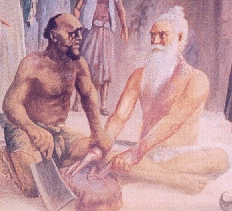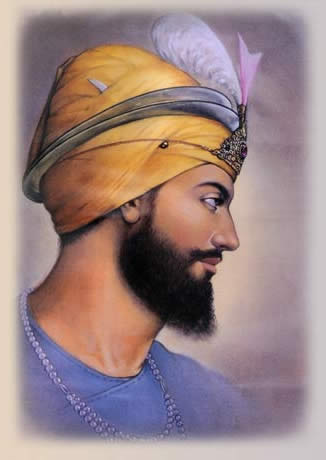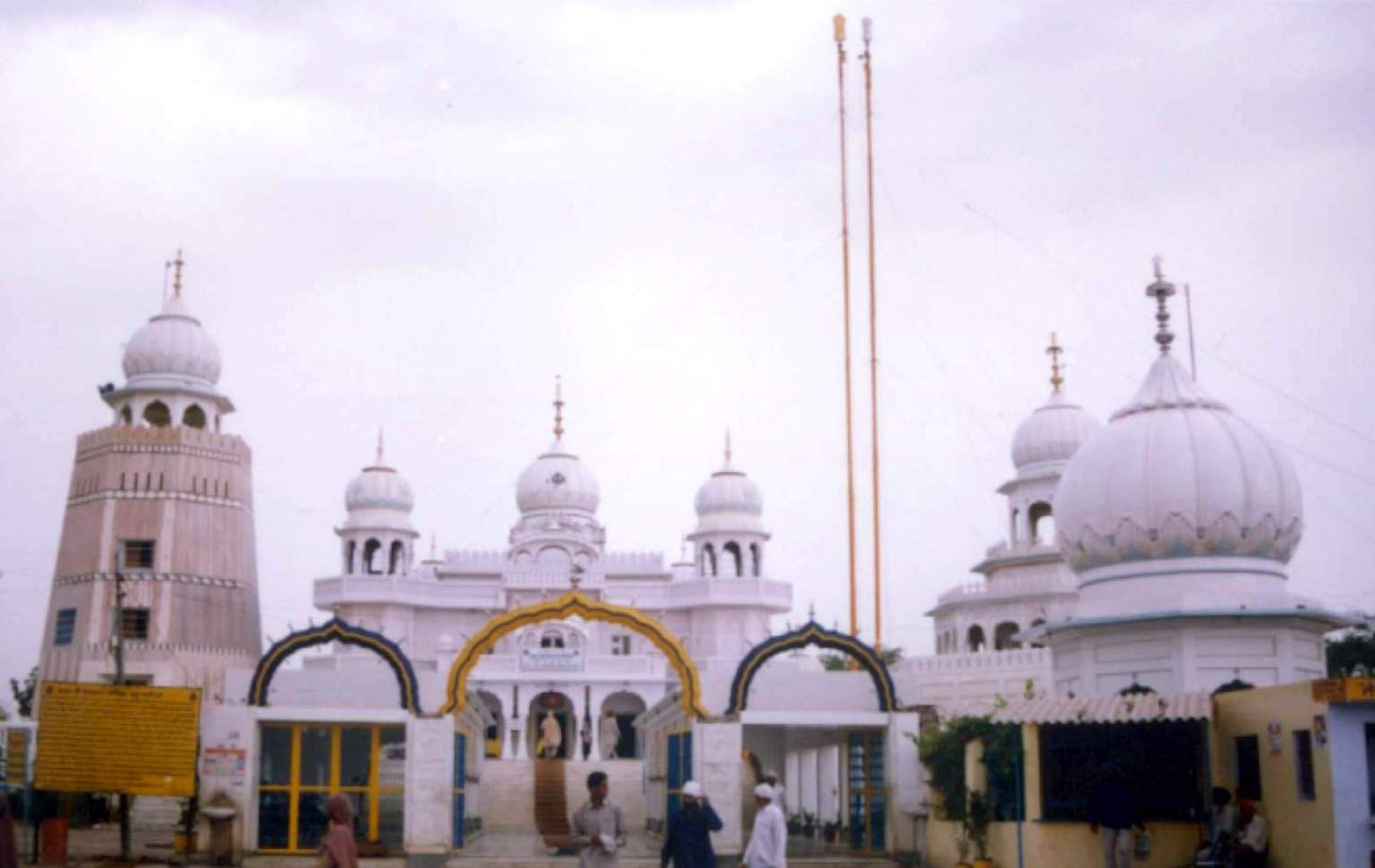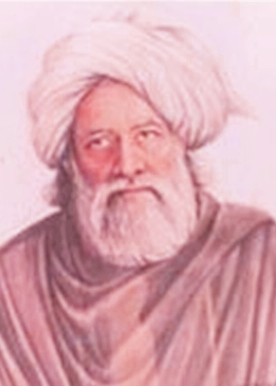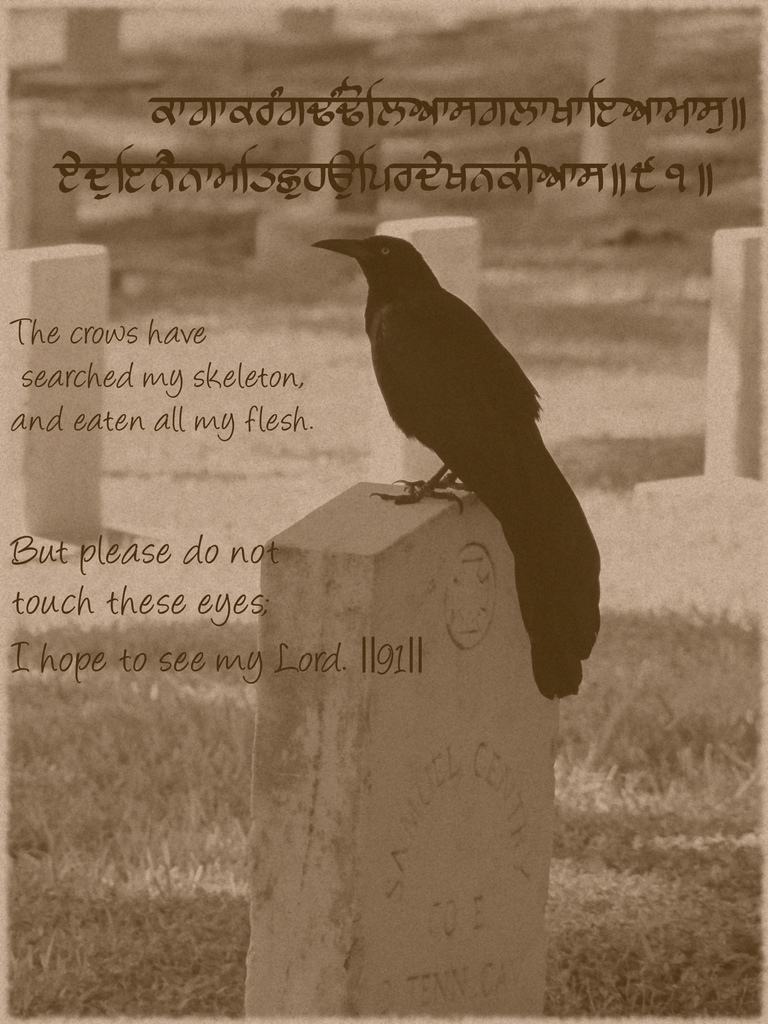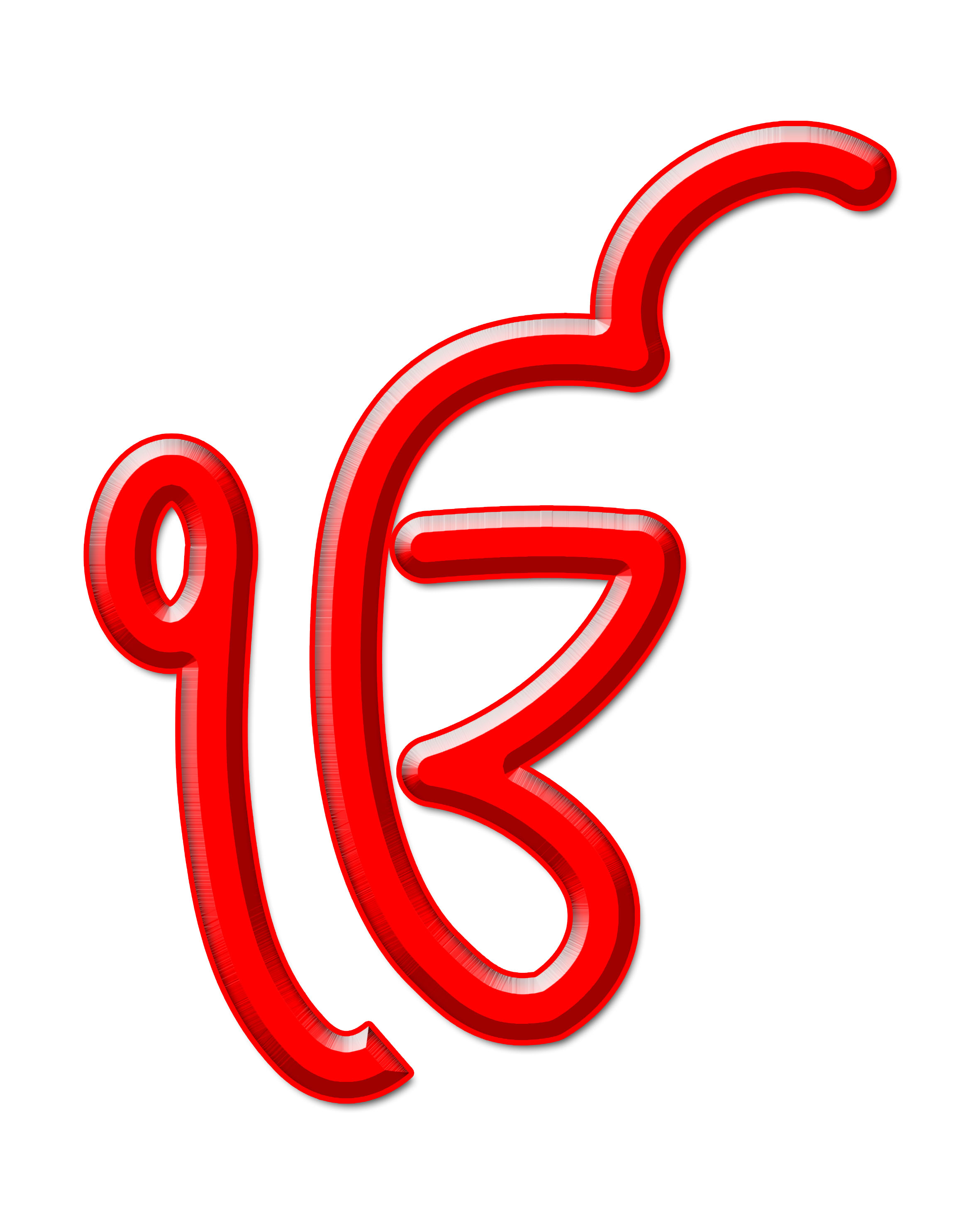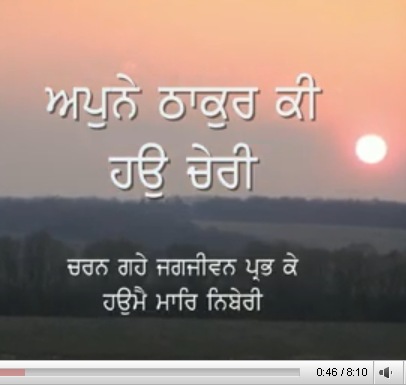Main Page
Welcome to SikhiWiki,a free Sikh Encyclopedia and learning tool...
... with 6,364 articles on Sikhism; total hits on this page
of 1,788,876+ & [[Google 2010|total of Template:NUMBEROFVIEWS pages viewed at the site.]] Sat Sri Akal, Waheguru ji ka Khalsa, Waheguru ji ki Fateh |
| Friday October 3, 2025 |
|
Bhai Mani Singh "Shaheed" (martyr) (1670 - 9 July 1737), was a great Sikh personality of the eighteenth century; he occupies a very esteemed position in Sikh history as he assumed control and steered the course of destiny of the Sikh panth at a very critical stage. A great scholar, a devoted Sikh, and a courageous leader, Bhai Mani Singh willingly laid down his life to uphold the dignity of the Sikh faith and Sikh principles. Due to the nature of his martyrdom, his actions have become a part of the daily Sikh Ardas (prayer) of the Sikhs. He is said to have been brought in the early years of his childhood to the presence of Guru Tegh Bahadur at Anandpur. He was not the same age as the Guru's own son, Gobind Rai; however they became close friends. Bhai Mani Singh remained in his company even after he had ascended the religious seat as Guru in 1675. Mani Singh accompanied the Guru to the seclusion of Paonta sahib where Guru Gobind Singh spent some three years in large part given to literary work. .....More Daulat Rai, an Arya Samajist was living in India during the late 1800's and the early part of 1900's. He was so disturbed by the publication of books by some Hindu activists whose writings maligned the Sikh Gurus that he was forced to pick up the pen himself. The now famous book: "Sahib-e-Kamal (par excellence) Guru Gobind Singh" was written by him. In his book he reminded Punjabi and Hindus of the humiliation and degradation to which their ancestors were subjected under Mughal rule before the Khalsa liberated them. Quoting various historical sources, he wrote:
Did you know...
Once Baba Bulleh Shah was sitting on the bank of a river when he saw this lady selling carrots. People were coming to buy her produce, but when they start picking and choosing the carrots, she would say, "I only sell carrots in volume; there is no pick and choose." So all these people had to buy carrots in volume/in bulk; not by selection. Then there was this handsome man, who came to her to get carrots. However, this time she herself picked the best carrots for him! Bulleh Shah was quite surprised looking at the incident. So after this men had left, Bulleh Shah went to the lady and asked her. "How come you let him hand pick the carrots; in fact you picked and chose the carrots for him yourself." She replied, "Bulleh Shah ji, he is my husband, there is no counting or accounting between lovers." ....More
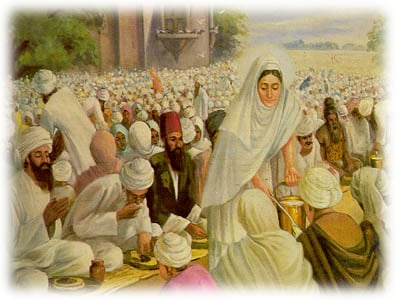 Mata Khivi (1506 - 1582) was born in 1506 to Karan Devi and Bhai Devi Chand Khatri in a small town called Sanghar which is now located in the province of Sindh in Pakistan. Her father was a shopkeeper and trader, and was a popular man in the neighbourhood. His daughter inherited all his finest attributes of generosity and congenial spirit. She was married in 1519, when she was 13 years old. Khivi was married to Lahina for 20 years before he became the second Guru of the Sikhs. There is historical evidence that she had 4 children. Dasu, the eldest was born in 1524. Bibi Amro was born in 1532, followed by Bibi Anokhi in 1535 and son Datu in 1537. The family was content and doing well. As the wife of one of the town's richest men, Khivi must have enjoyed a great deal of respect. Her life was one of luxury and pleasure. .....More
|
Recent articlesPopular articles
| |||||||||||||||||||||||||||||||||||
Template:2025/10 Template:2025
| Popular Articles on Sikhi Wiki |
|
Mool Mantar | Japji | Sikhism | Dasam Granth | Kirtan | Beliefs | Bani | Gurus | SGGS | Bhai Manjh | Vegetarianism | Bhagat Sain | Bhagat Dhanna | Today | Blogs |

